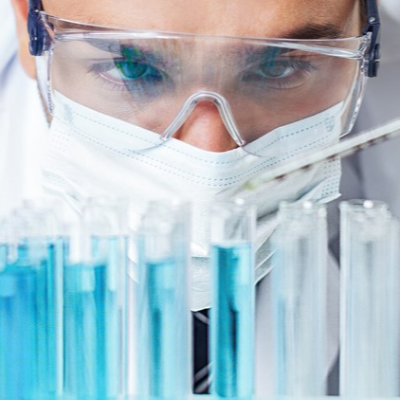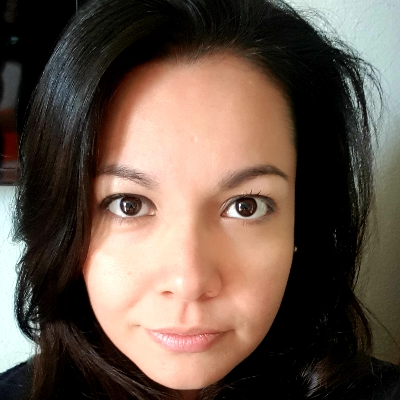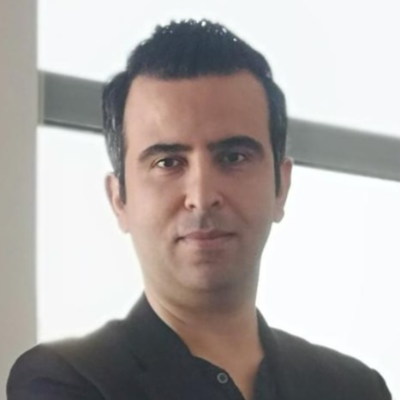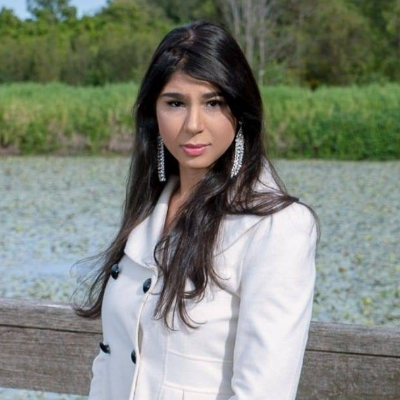Skeletal Biology
Homework Help & Tutoring
We offer an array of different online Skeletal Biology tutors, all of whom are advanced in their fields and highly qualified to instruct you.
Skeletal Biology
What is skeletal biology?
Skeletal biology is a science which studies the biological properties associated with skeletons. Skeletal biology is concerned with researching and describing various characteristics of the skeleton such as its development, growth, structure, function, and evolution. It is also concerned with studying the interaction between the skeleton and environmental stimuli. Due to the high percentage of inorganic matter and its durability, bones and teeth are often the only things that remain of a person who was once alive. It may sound strange that the skeleton can be studied from the biological point of view because it is not a living thing. One needs to remember however, that the skeleton was once an essential part of the living organism. It consisted of the living cells which received nervous stimuli and blood supply, and its bones were connected to muscles via tendons.
What is a skeleton?
The skeleton is a one of the most important construction elements of the body. It is a solid framework that provides structural support and protection to the soft tissues, muscles, organs, and other parts of the body. It carries the weight of all organic structures and gives animals their recognizable physical appearance. There are many types of skeletons which differ in shape and size depending on the environments where their owners live. Vertebrates are animals which have internal skeletons that are made of hard, calcified tissue. This tissue can be composed of either cartilage or bone or a combination of these two connective tissues. Humans are vertebrates who have a bony skeleton with two different components: an axial and appendicular skeleton. The axial skeleton is the main support network for the soft tissues, organs, and the appendicular skeleton. It contains such elements as the spine, the skull, and the ribs. The appendicular skeleton consists of the lower and upper limb bones (legs and arms), and the pectoral and pelvic girdle.
Bony skeletons are superior to other types of skeletons in a number of ways. Bony skeletons are living tissues that develop, grow, and mature with the rest of the body so they do not need to be replaced over time as animals age. Bones are living tissues that adapt to the environmental conditions. In case of injuries, bones have an ability to heal and repair their own damage. Bones can also change their structure as a response to external changes. Bones can become ticker or thinner depending on the stress they need to endure. Bony skeletons are stronger than hydrostatic and exoskeletons, which are found in some animal species. Their strength and durability allows vertebrates to grow large in size. All large animals (including human beings) that live on the land have bony skeletons.
Internal location of the bony skeleton is one of its biggest disadvantages compared to exoskeletons. Some parts of the bony skeleton such as the skull or the ribs provide efficient protection for the organs of the brain, the heart, and the lungs. Other soft tissues and structures remain unprotected by the skeleton and the only thing that protects them from external forces are soft tissue organs such as skin and other keratinized structures of nails, hair and fur.
What can we learn from skeletal biology?
Dry bones hide many secrets that can be read by carefully analyzing their morphological features. These features reflect the long-term evolution of the human race as well as some aspects of an individual’s life. Bones contain personal information about gender, age, ancestry, injuries, diseases, and stature. Specific bone features can indirectly tell a story about a person’s life experiences that include the social status, occupation as well as the geographical origin.
Skeletal biology does not only provide information about individuals but also about a population where than individual used to live in. This is possible through biological anthropology- the study of human populations - which teaches us that human populations are groups of individuals who live in a limited geographic area, share culture (language, religion, beliefs, etc.), and tend to reproduce with partners from the groups. These intra-group interactions are mirrored in specific morphological features of the skeletal system. Therefore, the recovered bones can tell a story about the nutrition, diseases, and other specifics that are unique to the members of each population. Skeletal biology is also able to describe the demographic profile of populations and determine the biological distance or the relationship between different populations.
References
DiGangi, E. A., & Moore, M. K. (2013). Chapter 1: Introduction to Skeletal Biology. Research Methods In Human Skeletal Biology, 3-28. doi:10.1016/B978-0-12-385189-5.00001-7
Gosman, J. H., Stout, S. D., & Larsen, C. S. (2011). Skeletal Biology Over the Life Span: A View From the Surfaces. Yearbook Of Physical Anthropology, Vol 54, 5486-98.
Harvey, A. R., Danforth, M. E., & Cohen, M. N. (2017). Living on the Edge: Maya Identity and Skeletal Biology on the Spanish Frontier. University Press of Florida. doi:10.5744/florida/9780813060750.003.0006
Klaus, H., Harvey, A., Cohen, M. & Larsen, C. (2017). Bones of complexity: Bioarchaeological case studies of social organization and skeletal biology. University Press of Florida.
Moore, M. K., & DiGangi, E. A. (2012). Research Methods in Human Skeletal Biology. Boston, MA: Academic Press.
Wiren, K. M. (2013). Androgens and Skeletal Biology: Basic Mechanisms. Elsevier, Inc.
Zaidi, M. (2007). Skeletal biology and medicine. Part A Aspects of bone morphogenesis and remodeling / edited by Mone Zaidi. Boston, Mass. : Published by Blackwell Pub. on behalf of the New York Academy of Sciences, 2007.
Zaidi, M. (2007). Skeletal biology and medicine. Part B Disease mechanisms and therapeutic challenges / edited by Mone Zaidi. Boston, Mass. : Blackwell Pub., on behalf of the New York Academy of Sciences, 2007.
To fulfill our tutoring mission of online education, our college homework help and online tutoring centers are standing by 24/7, ready to assist college students who need homework help with all aspects of skeletal biology. Our medicine and nursing tutors can help with all your projects, large or small, and we challenge you to find better online skeletal biology tutoring anywhere.
College Skeletal Biology Homework Help
Since we have tutors in all Skeletal Biology related topics, we can provide a range of different services. Our online Skeletal Biology tutors will:
- Provide specific insight for homework assignments.
- Review broad conceptual ideas and chapters.
- Simplify complex topics into digestible pieces of information.
- Answer any Skeletal Biology related questions.
- Tailor instruction to fit your style of learning.
With these capabilities, our college Skeletal Biology tutors will give you the tools you need to gain a comprehensive knowledge of Skeletal Biology you can use in future courses.
24HourAnswers Online Skeletal Biology Tutors
Our tutors are just as dedicated to your success in class as you are, so they are available around the clock to assist you with questions, homework, exam preparation and any Skeletal Biology related assignments you need extra help completing.
In addition to gaining access to highly qualified tutors, you'll also strengthen your confidence level in the classroom when you work with us. This newfound confidence will allow you to apply your Skeletal Biology knowledge in future courses and keep your education progressing smoothly.
Because our college Skeletal Biology tutors are fully remote, seeking their help is easy. Rather than spend valuable time trying to find a local Skeletal Biology tutor you can trust, just call on our tutors whenever you need them without any conflicting schedules getting in the way.






